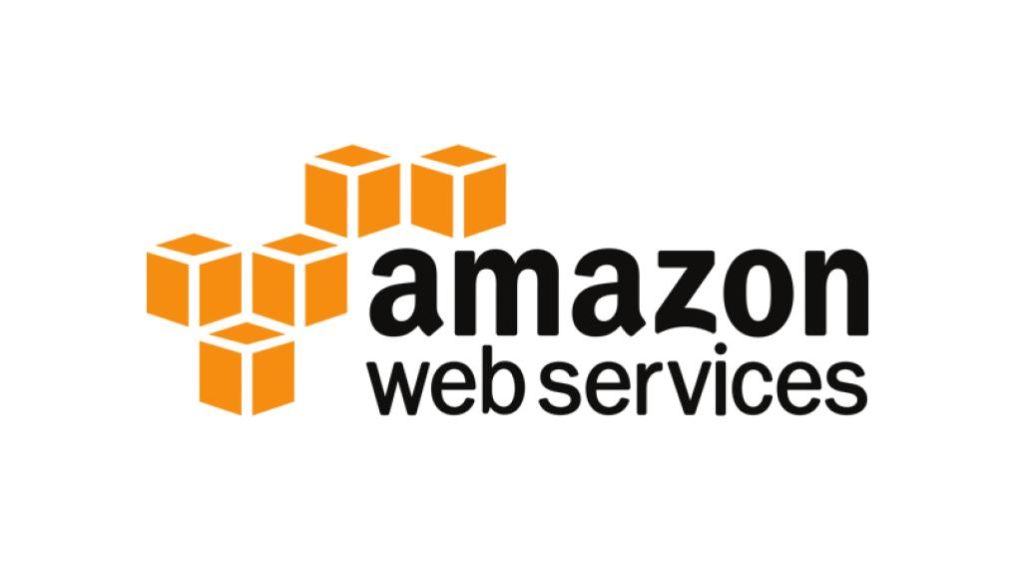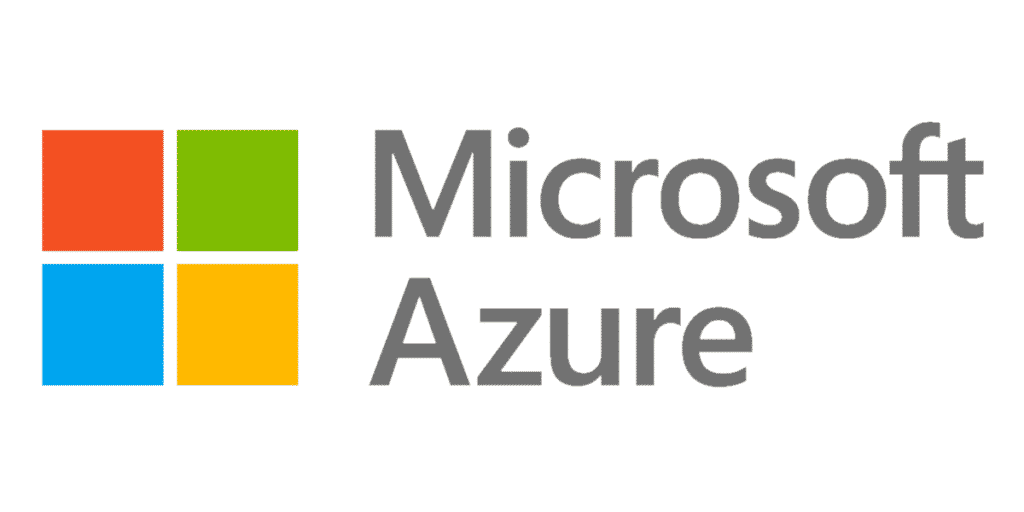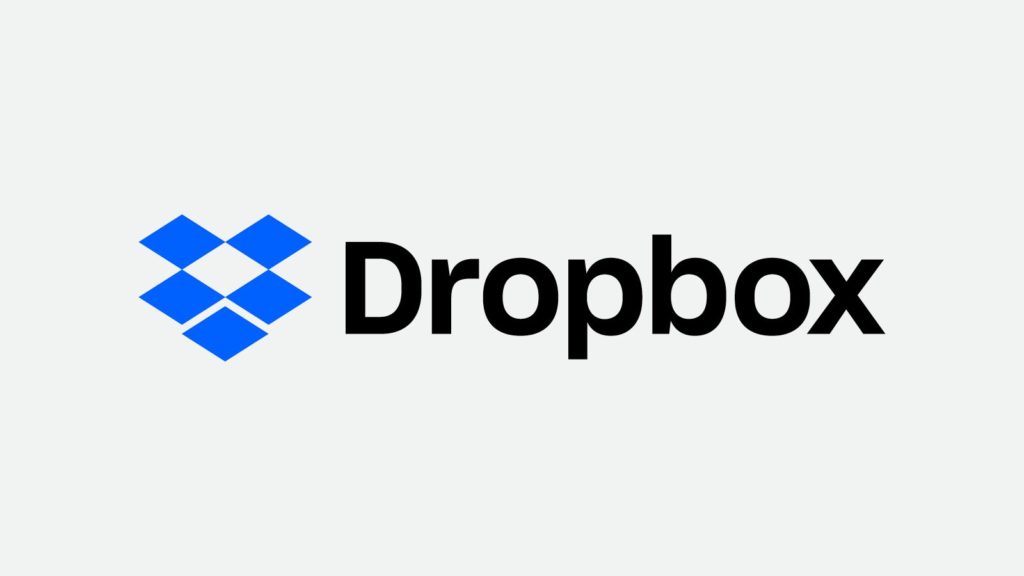Top Data Storage Solutions for Business
In our digital age, the phrase “data” is extremely important. Whether it’s a company, a business, a hospital, or an educational institution, the need for data management and storage is growing day by day.
Small businesses are increasingly requiring on-the-go access to their data, with minimal overhead for storage or hardware maintenance expenditures. Cloud storage is a cost-effective solution that is quickly gaining favour. Hence, let’s analyze some important insights on how cloud storage can benefit your business and check the best solutions available.
Data Storage Cloud Services
Individuals used to save their personal data on hard drives and memory cards before cloud computing. However, laptops and mobile phones are rapidly damaged or lost, and accessing saved data may require physical contact with the device. Large-scale computers housed in specialized data centers have been used by businesses to store their data.
Data can only be accessed by users who are logged into the business network, and it may not be accessible via the internet or while the user is on the go.
What Is Cloud Storage?
Clients use a fixed-size server space provided by a cloud service or cloud hosting company to store data. The hosting firm owns and maintains the requisite hardware, whereas the client owns and maintains the stored data. The cloud host provides clients with continuous access to their data while also offering secure access as specified by the clients.
The data is then saved on one or more servers that the cloud hosting business has configured in their data centers.
What Are Your Data Storage Systems Needs?
Small organizations should first examine their application and data storage needs, as well as how and where they need to access that data. These questions will assist you in getting started with cloud-based storage for businesses:
- Which applications generate the largest amount of files?
- Which applications run on which servers?
- How much of it is redundant or outdated?
- How much of it is unrelated to business?
- How quickly do you need to get access to that information?
- Which data must be accessed from which locations?
- How old is the data?
You will definitely have a better notion of your storage requirements once you’ve figured out how much data you’re working with and how, when, and where you will access it.
The Best Data Storage Solutions For Businesses
Amazon Web Services (AWS)
The enterprise data storage market is now dominated by Amazon Web Services. It has a pay-as-you-go cloud storage concept, which means you only pay for what you use.

Keep in mind that Amazon Glacier is used for three main long-term storage services, Amazon Simple Storage Service is used for scalable object storage, and Amazon EBS is used for block-level storage. AWS is well-known for its flexibility, security, and data transfer speed.
Microsoft Azure
Microsoft Azure is a popular choice for enterprise storage solutions due to its flexible storage system, which is secure, scalable, accessible, and long-lasting. All of your data is encrypted and you have a variety of access control choices with the software. There are three account kinds (Basic, Standard, And Premium), five storage types, and four redundancy tiers available.

If you already use other Microsoft products, this is an excellent option because it will seamlessly integrate with your existing system.
IBM
Noticeably, IBM offers hybrid storage arrays and flash storage as well as other storage alternatives. These storage services assist customers in lowering costs by transferring data to the most cost-effective storage systems.

Cloud Object Storage, Cloud Block Storage, and Cloud File Storage are among the company’s cloud products. These three sorts of solutions refer to the various methods for filing and storing data. For businesses that already utilize IBM systems, IBM storage solutions are a great fit.
Google Cloud
Google Cloud can collect and use all types of data, including user and machine data as well as geographic data. It also has extensive security and privacy capabilities, and it logs every interaction with your data in near real-time. Google Cloud is used by a number of well-known companies, including Spotify, Home Depot, and PayPal.
Dropbox
Dropbox claims that its Dropbox for Business cloud-hosting solutions are used by more than 300,000 teams. Expedia, Spotify, and the National Geographic Channel are just a few of Dropbox’s notable clients.
Dropbox provides file sharing with users who do not have a Dropbox account, in addition to the cross-platform sharing, storage, sync, backup, and seamless integration features. Individuals can use the free basic plan, which includes 2GB of storage and Microsoft 365 integration, allowing them to edit files directly through Dropbox.

One of the above-mentioned industry giants may be the appropriate fit for your company’s data storage needs when it comes to choosing the right solutions.
When it comes to cloud storage for businesses, Access is here to help you find the ideal match for your company’s needs. We offer a wide range of customizable choices to meet all of your cloud storage requirements.
Please do not hesitate to contact us if you require further assistance.
